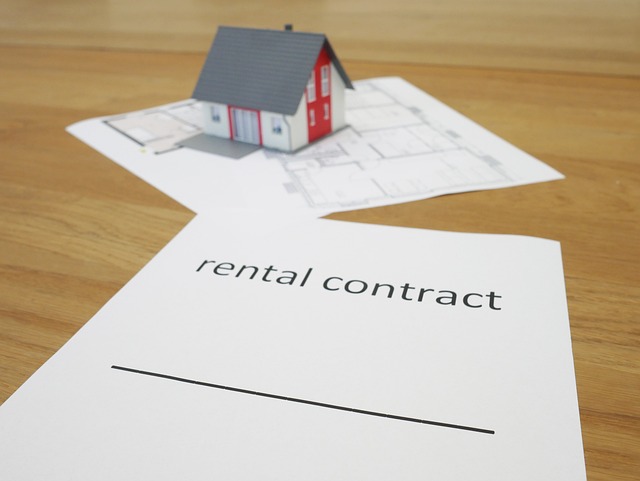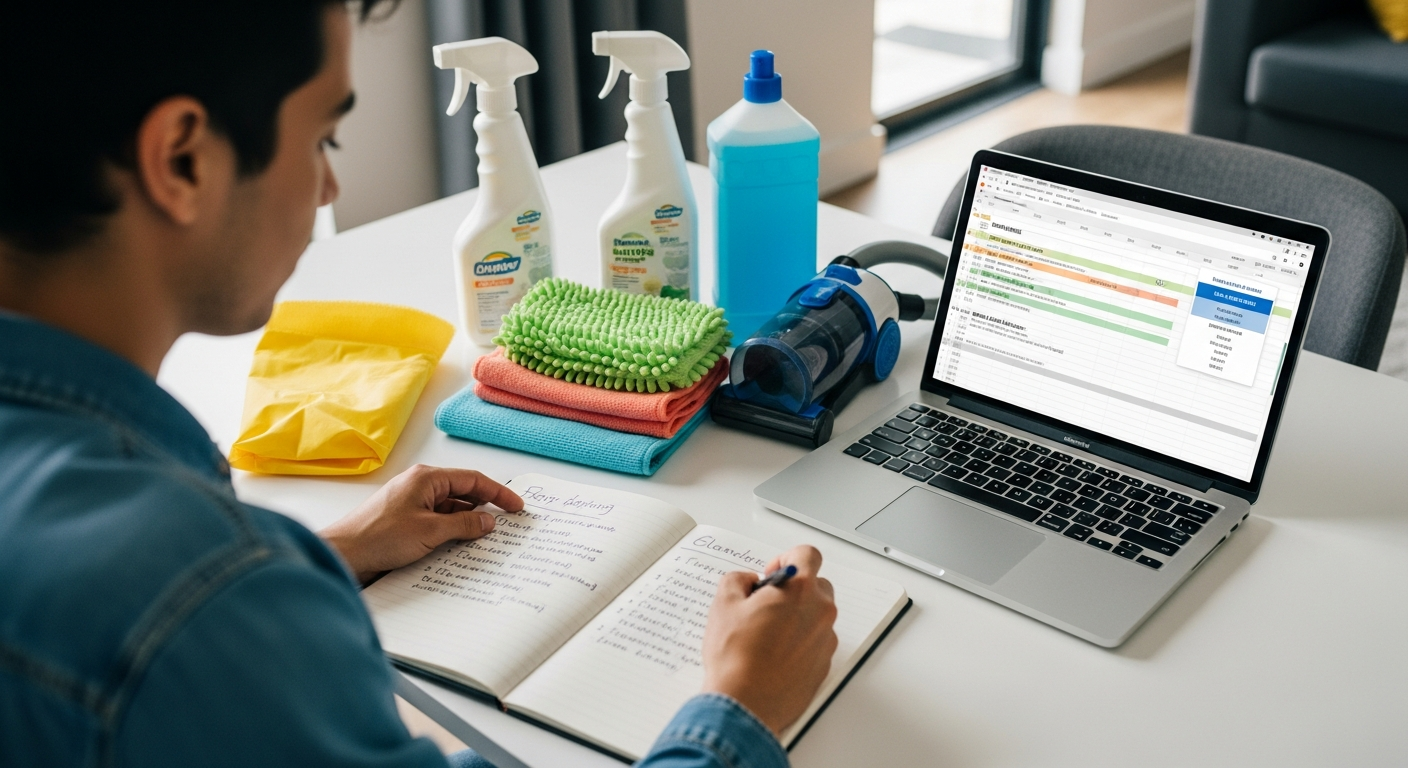Finding Your Next Home: A Comprehensive Rental Guide
Searching for a place to call home can feel overwhelming, especially when navigating the rental market. Whether you're a first-time renter or relocating to a new area, understanding what to look for in rental properties helps streamline your search. From affordability to location and amenities, knowing your priorities ensures you find a space that suits your lifestyle and budget without unnecessary stress.

The rental market offers diverse options, from studio flats to multi-bedroom properties, each catering to different needs and financial situations. Finding the right place to live requires balancing practical considerations like monthly costs, proximity to work or schools, and the quality of the property itself. Many renters prioritize affordability without sacrificing comfort, making it essential to understand what influences rental prices and how to identify good value. This guide explores key factors to consider when searching for home rent opportunities, helping you make informed decisions.
What Makes an Apartment Affordable?
Affordability extends beyond the monthly rent figure. When evaluating affordable apartments, consider additional costs such as utility bills, council tax, service charges, and potential agent fees. Some properties include certain utilities or offer all-inclusive rent, which can simplify budgeting. Location significantly impacts affordability—properties in city centres typically command higher rents than those in suburban or rural areas. However, cheaper rent further from urban hubs may increase commuting costs and time. Calculate your total monthly housing expenses, including transportation, to determine true affordability. Additionally, understanding the difference between furnished and unfurnished rentals helps you anticipate upfront costs for furniture and household items.
How to Find the Right Apartment for Rent
Beginning your search requires clarity about your needs and preferences. Start by listing non-negotiable requirements such as number of bedrooms, pet-friendly policies, parking availability, or accessibility features. Online property portals, local estate agents, and community boards provide comprehensive listings. When viewing properties, inspect the condition of appliances, heating systems, plumbing, and overall maintenance. Ask about the tenancy agreement terms, notice periods, and deposit requirements. Researching the neighbourhood is equally important—consider safety, access to public transport, nearby shops, schools, and healthcare facilities. Speaking with current residents can provide valuable insights into the landlord’s responsiveness and the building’s management quality.
Understanding Home Rent Costs and Budgeting
Rental costs vary widely based on location, property size, and market demand. In the United Kingdom, monthly rents for one-bedroom properties can range from approximately £500 in smaller towns to over £1,500 in major cities like London. Two-bedroom properties typically cost between £700 and £2,200, while larger three-bedroom homes may range from £900 to £3,000 or more. These figures represent general market trends and can fluctuate based on specific areas and property conditions. When budgeting for home rent, financial advisors commonly recommend spending no more than 30% of your gross monthly income on housing costs. This guideline helps maintain financial stability while covering other essential expenses. Remember to account for the security deposit, usually equivalent to one to two months’ rent, and any advance rent payments required before moving in.
| Property Type | Average Monthly Rent (Low Range) | Average Monthly Rent (High Range) | Typical Location |
|---|---|---|---|
| Studio Property | £450 | £1,200 | Smaller towns to mid-sized cities |
| One-Bedroom Property | £500 | £1,500 | Suburban to urban areas |
| Two-Bedroom Property | £700 | £2,200 | Various locations nationwide |
| Three-Bedroom Property | £900 | £3,000+ | Family-oriented neighbourhoods |
Prices, rates, or cost estimates mentioned in this article are based on the latest available information but may change over time. Independent research is advised before making financial decisions.
What to Look for During Property Viewings
Property viewings provide the opportunity to assess whether a rental meets your expectations. Check for signs of dampness, mould, or structural issues that could affect your health and comfort. Test taps, showers, and heating to ensure they function properly. Examine windows and doors for security and insulation quality. Ask about the Energy Performance Certificate (EPC) rating, as this indicates heating efficiency and potential utility costs. Inquire about maintenance responsibilities—understanding whether the landlord or tenant handles repairs prevents future disputes. Take photographs or notes during viewings to help compare properties later. If possible, visit the area at different times of day to gauge noise levels and neighbourhood activity.
Tenancy Agreements and Legal Considerations
Before signing a tenancy agreement, read all terms carefully and seek clarification on unclear clauses. Standard Assured Shorthold Tenancies (AST) in the UK typically run for six or twelve months, with options to renew. The agreement should specify rent amount, payment schedule, deposit details, and responsibilities for repairs and maintenance. Landlords must protect your deposit in a government-approved tenancy deposit scheme and provide prescribed information within 30 days. Understand your rights regarding rent increases, notice periods, and eviction procedures. Tenants have legal protections against unfair treatment and unsafe living conditions. If concerns arise, organizations like Shelter or Citizens Advice offer free guidance on housing rights and dispute resolution.
Tips for Securing Your Ideal Rental Property
Competition for quality affordable apartments can be intense, particularly in popular areas. Strengthen your application by preparing necessary documents in advance, including proof of income, employment references, and previous landlord references. A strong rental history demonstrates reliability to prospective landlords. Be prompt in responding to listings and flexible with viewing schedules. Consider offering to pay several months’ rent upfront if financially feasible, as this can make your application more attractive. However, never feel pressured to commit without thoroughly reviewing the property and agreement. Building a positive relationship with your landlord through clear communication and timely rent payments can lead to smoother tenancy experiences and potential lease renewals.
Finding the right rental property involves careful research, realistic budgeting, and thorough evaluation. By understanding what influences rental costs, knowing your rights as a tenant, and approaching the search methodically, you increase your chances of securing a comfortable and affordable home. Whether you prioritize location, space, or specific amenities, taking time to assess your options ensures you make a decision that supports your lifestyle and financial wellbeing for the duration of your tenancy.




